A Foreign Language Student’s Decision: A 4-Week Study Abroad Challenge in Cebu

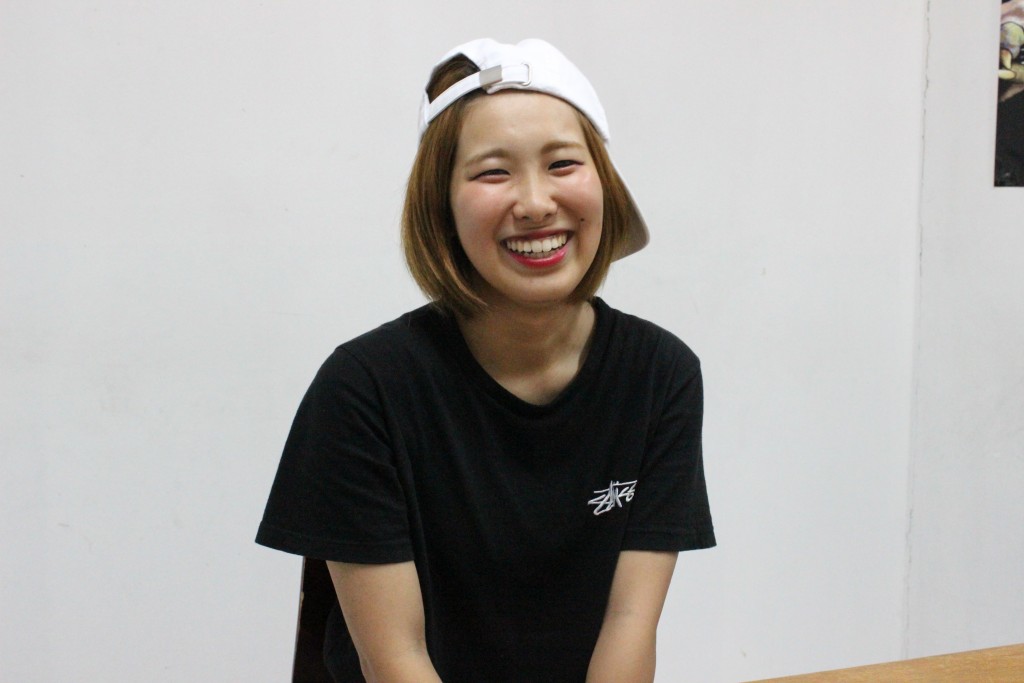
Contents
- A Foreign Language Student’s Decision: A 4-Week Study Abroad Challenge in Cebu to Become “Someone Who Can Actually Speak English”
- Chapter 2: I Was Supposed to Go to Canada—Why I Chose the Philippines Instead
- Chapter 3: Six Hours of One-on-One Lessons a Day—Speak, Make Mistakes, and Speak Again
- Chapter 4: Outside the Classroom Is Where the Real Practice Happens—Chatting with Supermarket Staff in English
- Chapter 5: Real Advice from Me to Future Study Abroad Students
- Chapter 6: What Comes Next—Malta, Canada, and a Future Career Using English
- Chapter 7: Final Thoughts—“Don’t Be Afraid to Make Mistakes” Is the Best Shortcut to Improving Your English
A Foreign Language Student’s Decision: A 4-Week Study Abroad Challenge in Cebu to Become “Someone Who Can Actually Speak English”
Chapter 1: The Reality of Not Being Able to Speak English—Why I Decided to Study Abroad
“Since you go to a foreign language university, you must be fluent in English, right?”
That’s what people often assume—but in reality, I had a deep complex about my English skills. While my university offered writing and debate classes, most of the lectures were conducted in Japanese. Many of my classmates were hesitant or shy about speaking English, and I was no exception. I rarely had the chance to speak English with confidence.
Still, the label of being a “foreign language university student” came with the expectation that I could speak English. I didn’t want to live a lie. I kept telling myself, “I want to be able to speak English,” and gradually the feeling grew stronger. I realized that I needed to take action before it was too late.
That’s when I discovered 3D ACADEMY, a language school located in Cebu, Philippines.

Chapter 2: I Was Supposed to Go to Canada—Why I Chose the Philippines Instead
At first, I was planning to study abroad in Canada through my university. I believed that the best way to improve my writing and speaking skills was to live in an English-speaking country. With the university’s program, the application process would have been relatively easy, and more importantly, I felt that as a foreign language university student, gaining overseas experience was essential.
But reality wasn’t so simple.
The financial burden turned out to be much heavier than I had expected. When I added up the cost of airfare, living expenses, and insurance, I realized that neither my part-time job earnings nor my parents’ support would be enough. Reluctantly, I had to put my plan to study in Canada on hold.
Still, I wasn’t ready to give up entirely.
I thought, “What can I do within my means to move forward, even just a little?”
That mindset led me to explore other options—and that’s when I discovered language schools in Cebu, Philippines.
Actually, a friend of mine had previously studied at another school in Cebu and told me, “The one-on-one lessons were amazing,” and “Even in a short period, my speaking improved drastically.” Her words had always stuck with me, and I began to seriously consider it as a viable alternative.
Among the many schools, I was drawn to 3D ACADEMY for three main reasons:
-
Almost all the classes are one-on-one, giving you far more chances to speak.
-
The pricing is affordable, even for a one-month stay, making it an accessible first step.
-
It had strong reviews and looked safe and well-located, which gave me peace of mind.
Even though I couldn’t go to Canada, I decided to take on the best challenge I could with the resources I had. That decision led me to a 4-week study abroad program in Cebu.
Just four weeks—some people might think that’s too short to make a difference.
But for me, those four weeks became a life-changing period where I overcame my fear of speaking and experienced, for the first time, the joy of expressing myself in English.
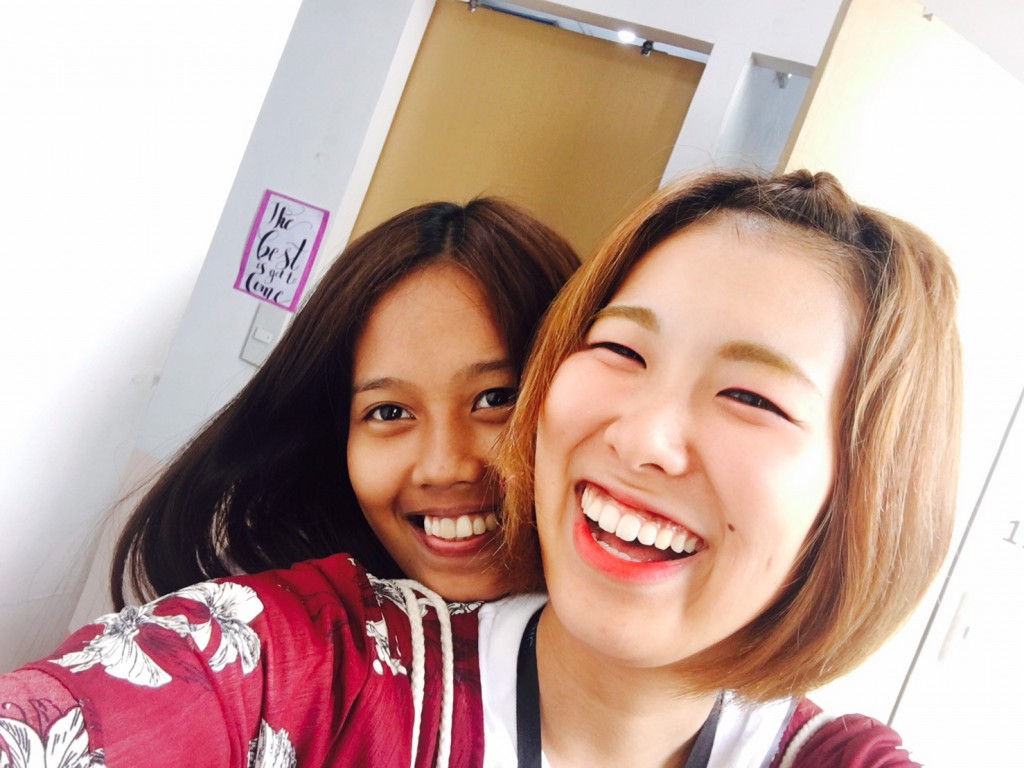
Chapter 3: Six Hours of One-on-One Lessons a Day—Speak, Make Mistakes, and Speak Again
At 3D ACADEMY, I chose the “6 One-on-One Course,” a specialized program where all six daily classes are conducted in a one-on-one format. Each class is 50 minutes long, and from morning until evening, I was immersed in English with my teachers. I did consider group classes, but for someone like me who simply wanted to talk more and improve my speaking, this course was the perfect fit.
In fact, I had taken group lessons in the past and felt frustrated when more advanced students ended up dominating the conversation. I barely had a chance to speak. That’s why this time, I wanted an environment where I could speak freely, at my own pace, without holding back.
The content of the one-on-one lessons varied depending on the teacher, but in my case, the classes were generally divided like this:
-
Grammar: I wrote a daily journal and submitted it to my teacher for correction. They pointed out small mistakes I didn’t even notice and helped me fix habits I didn’t realize I had. Through this process, I naturally developed more accurate sentence structure.
-
Vocabulary: It wasn’t just about memorizing words. We created example sentences and practiced using new vocabulary in real conversations. I also learned useful phrases and slang, which helped broaden my range of expression.
-
Free Talk: This was the part I looked forward to the most! We talked freely about everything—from daily life to social issues. One class that really stood out was with Teacher Mark, who often brought up topics like human rights for discussion. Talking about such serious themes in English was a whole new challenge for me.
Of course, not everything went smoothly from the start. Sometimes I couldn’t find the words, my grammar was all over the place, or I’d fall silent in the middle of a sentence. But every teacher was kind and patient. No one laughed or dismissed me—instead, they would say, “It’s okay,” or “Try again, slowly,” and guide me with encouragement.
The biggest strength of one-on-one lessons is that you’re allowed to make mistakes and try again, as many times as it takes. You can ask questions the moment they arise, and improve steadily at your own pace. Six hours a day might sound long, but when you’re focused and engaged, the time really flies.
By the end of the four weeks, I was no longer nervous speaking in English. I had gained the confidence to hold casual conversations without hesitation—and more importantly, I had discovered that speaking English can actually be fun. That was the greatest outcome of all.
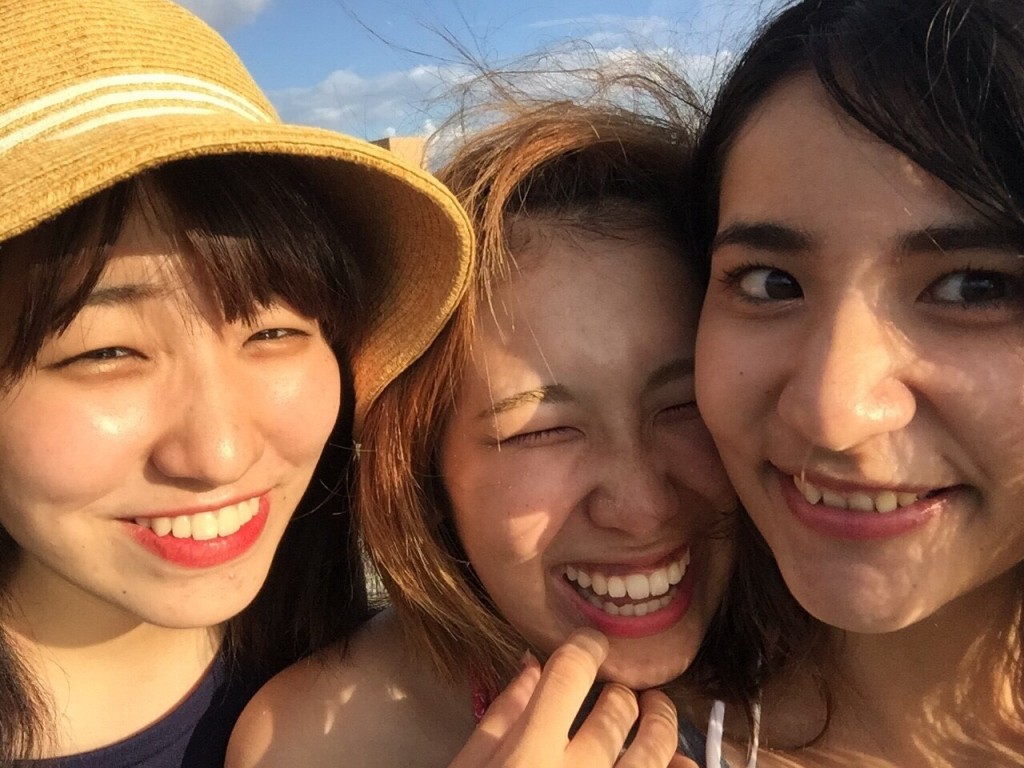
Chapter 4: Outside the Classroom Is Where the Real Practice Happens—Chatting with Supermarket Staff in English
At 3D ACADEMY, the learning didn’t stop when classes ended for the day. In fact, I found that how I spent my after-class hours and weekends played a crucial role in applying what I learned during lessons.
On weekdays after school, I often hung out with my batchmates—the students who started on the same day as I did. Many of them were also university students from Japan, taking advantage of their summer break, so we quickly bonded over shared experiences. Meeting people from all over the country, with different backgrounds and stories, became one of the unexpected treasures of this trip.
One particularly memorable moment was when I went to a nearby supermarket after class. Even during quick trips to buy snacks, I made it a point to talk to local staff whenever I could. Just asking simple questions like “What flavor is this?” or “Which one do you recommend?” gave me the chance to put my English into action—and feeling it actually work was incredibly rewarding.
At first, I was nervous. But that one successful exchange gave me the confidence to keep going. Before I knew it, I was chatting with people at convenience stores, asking for help in shopping malls, and striking up small conversations wherever I went.
These casual, real-life interactions became a powerful way to improve my speaking skills.
On weekends, we explored Cebu together—visiting famous spots like Oslob, where you can see whale sharks, and the beautiful beaches of Mactan Island. I’ll never forget the day we played in the water with local kids, using the floats and water guns we brought from school. The kids were so happy that we ended up giving them the toys as gifts. When they said “Thank you” with big smiles, it truly warmed my heart.
Another great experience was watching English movies at the theater. When I could catch words or phrases I had learned in class, it made me realize just how much progress I was making.
It’s such a motivating feeling to see your studies reflected in the real world.
Life at 3D ACADEMY was never just about what happened inside the classroom.
If anything, I think the key to success in short-term study abroad is how much effort you put into using English outside of class—during meals, shopping, weekend trips, or even casual chats.
I kept telling myself, “I’m here to learn English—so I want to live in English as much as possible.”
That mindset helped me get the most out of even just four weeks, and I believe it’s what made my experience so meaningful.
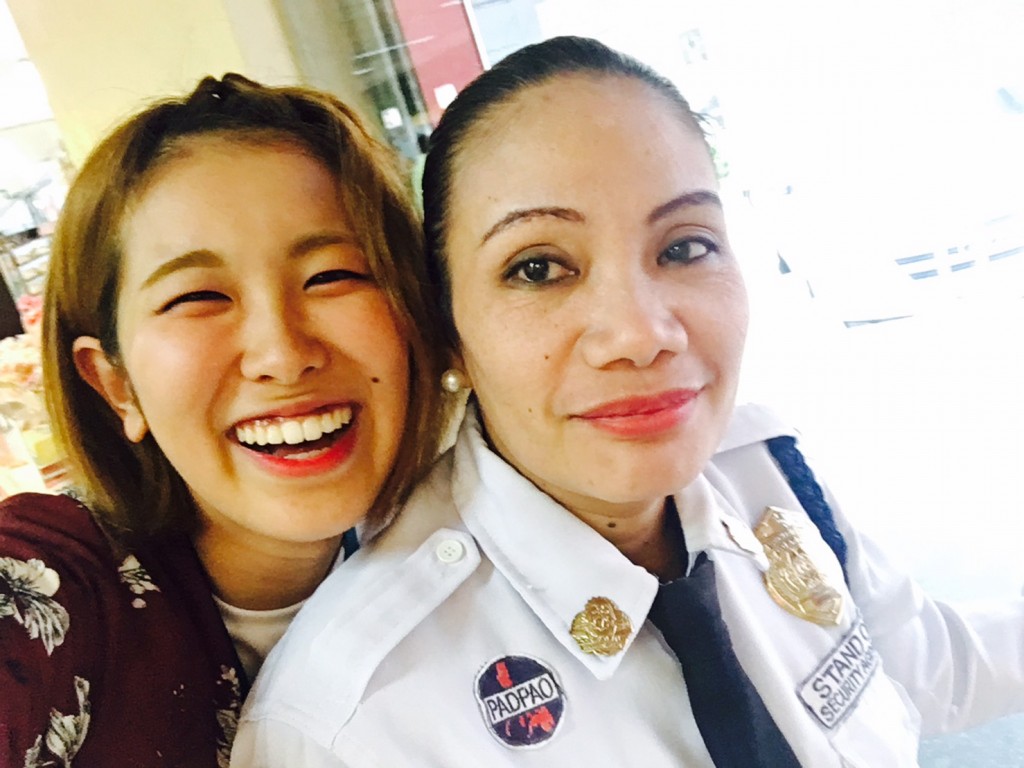
Chapter 5: Real Advice from Me to Future Study Abroad Students
My four weeks in Cebu flew by in no time. But during that short period, I learned more than just English—I also discovered a lot about how I learn best and how to stay motivated. For those of you considering studying in the Philippines, I’d like to share a few personal tips based on what I brought, what I did, and what truly helped me make the most of my time.
① Bring at Least One Japanese Study Book or Vocabulary Book
One of my top recommendations is to bring a Japanese-language grammar or vocabulary book. Of course, you’ll use English materials in class, but having something in your native language makes self-study during breaks or evenings far easier.
I brought my high school grammar book and a vocabulary book I used for college entrance exams. You don’t have to go through every page, but having a reliable reference you can fall back on gives you peace of mind and helps reinforce your understanding.
② Treat the Outside World as a Practice Field for English
How you spend your time outside of class can make a huge difference in your overall experience. I made a habit of actively speaking English with supermarket cashiers, mall staff, and café workers whenever I could.
It takes courage at first, but even if your grammar isn’t perfect, locals are usually kind and encouraging. What matters most is your attitude—just trying to communicate is the biggest step toward improvement.
③ Masks and Cough Drops Are More Useful Than You Think!
This might sound a little surprising, but face masks and throat lozenges were two of the best items I packed. Cebu’s air can be dusty in some areas due to traffic, and when you’re speaking a lot in class every day, your throat can get sore. Having lozenges on hand was a lifesaver more than once.
You can find these things locally, but if you’re picky about flavor or quality, I recommend bringing some of your favorites from Japan.
What I really want to emphasize is that you don’t have to aim for perfection. It’s okay to make mistakes. It’s okay if the words don’t come out right. Don’t let that discourage you. Studying abroad is a series of small, everyday challenges—and every tiny step you take builds your strength.
And above all, don’t forget to enjoy it. Learning English can actually be exciting and fun. That’s what Cebu taught me. Dive into the experience, and let yourself grow.
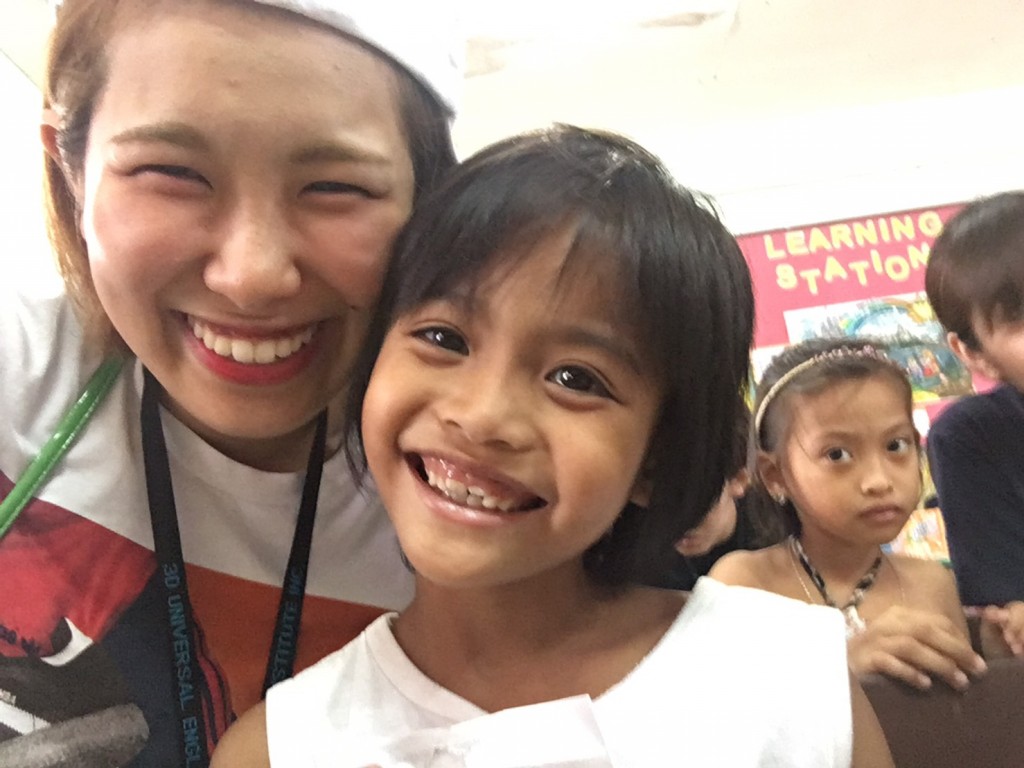
Chapter 6: What Comes Next—Malta, Canada, and a Future Career Using English
After completing my study abroad experience in Cebu, I felt a profound change within myself. Even though it was only four weeks, the realization that I could speak English with my own voice and communicate using my own ability gave me a huge boost of confidence—for both my studies and my future.
Now, I’m already thinking about the next step.
First, I want to pursue a long-term study abroad program in an English-speaking country. One of my original dreams was to study in Canada, and I still haven’t given up on that goal. This time, I want to take full advantage of my university’s program to go to a country like Canada or the U.S., and live immersed in a native-English environment to further improve my skills.
I’m also planning to study in Malta during the next spring break. I’ve been interested in Malta for a while—it’s a beautiful island nation in Europe where English is an official language, and it offers a unique mix of learning and sightseeing. It’s very different from Cebu, and I’m excited to experience a multicultural environment with students from all over the world.
Through my time in Cebu, I became clearer about why I want to learn English. It’s not just about boosting my TOEIC score. What I really want is to use English to connect with others and accomplish something meaningful.
In the future, I hope to get a job where I can use English. Right now, I’m particularly interested in working for a travel agency, becoming a tour guide, or maybe working in international trade or sales—anything that involves communicating across cultures. Whatever path I choose, I believe that English will be a powerful tool. That’s why I plan to continue studying and growing.
Of course, learning English is a lifelong journey. I realized in Cebu that it’s easy to stop growing if you feel satisfied too soon. That’s why I want to keep the mindset of “learning how to learn” that I gained during my time abroad, and continue moving forward.
Still, the benefits of studying abroad weren’t limited to just language skills.
I also gained the ability to embrace different cultures, to enjoy meeting new people and adapting to new environments, and to live each day with intention. Most of all, I learned to challenge myself without fear of failure.
These lessons are far more than academic—they’re lasting assets that I’ll carry with me for the rest of my life.
Chapter 7: Final Thoughts—“Don’t Be Afraid to Make Mistakes” Is the Best Shortcut to Improving Your English
Looking back on my time studying in Cebu, the biggest lesson I learned was this: You don’t need to be perfect—just start speaking.
Before going abroad, I was full of worries: “What if I make grammar mistakes?” “What if my pronunciation sounds weird and people laugh at me?” And because I was a student at a foreign language university, I felt the added pressure of the assumption that “I should already be fluent.”
But once I actually started studying in Cebu, I realized firsthand that making mistakes is not a bad thing at all.
Even when my English was awkward or incorrect, my teachers never laughed or dismissed me. Instead, they always encouraged me: “Good try!” or “That’s a good point!” They gave me space to try again and again. Because of that, I was able to speak without fear—and through that process, I gradually built real confidence.
In fact, I think the more mistakes you make, the more opportunities you have to grow.
You can’t truly learn English by only studying at a desk. You have to actually use it—try to say something, see if it’s understood, and then adjust. Teachers and local people help you get closer and closer to the right expressions. That learning loop is incredibly valuable.
And honestly, this mindset doesn’t apply just to language learning—it applies to life.
You don’t need to wait until you’re perfect to try something new.
You grow by trying, making mistakes, and learning along the way. These four weeks taught me how important that mindset is.
To anyone preparing to study abroad, I want to say this: Don’t let fear stop you from speaking.
Don’t tell yourself, “I’m not good enough yet,” or “Other people speak better than me.”
Even the smallest effort to communicate will be noticed, and appreciated. And that one step—no matter how small—will always lead to another.
There may not be a shortcut to becoming fluent.
But there is a reliable path.
That path is:
Speak English a little every day, in your own words.
Don’t be afraid to make mistakes, and actively seek opportunities to learn.
I’m still on that path myself. But thanks to my experience in Cebu, I now think, “Speaking English is actually fun.”
That mindset has changed everything for me. From now on, I’ll keep learning, without fear, at my own pace—and with excitement for what’s ahead.
I hope your own study abroad journey becomes a meaningful time of growth, too.




